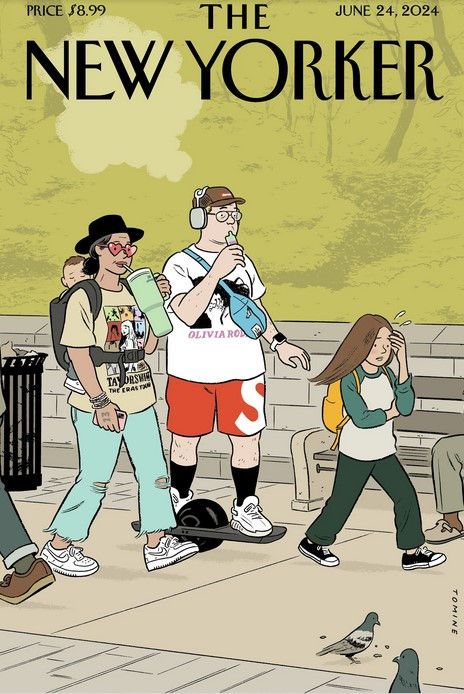
The world out there
- Territorios Baldíos

- Aug 7, 2024
- 3 min read
Dario Fritz

The story was told to me by a psychoanalyst friend. An eleven-year-old boy - for him already a teenager - came to his therapy session one day with his homework done even though it had not been requested. I have everything ready for him to go to Greece, he was surprised in response to a previous conversation where this friend told him in his therapy induction process that he would like to visit that country. With the Apps he had figured out which cities and museums to visit, how to get cheaper ticket prices and the best time to purchase the cheap plane ticket. He also explained to him about affordable accommodations, as well as food. The child-adolescent who could already be a prodigy for a tourism agency, was one until then, because in reality and his practice he is completely illiterate: when he goes to the restaurant with his parents, they are the ones who ask the waiter for food. because he doesn't know how to do it, he doesn't really dare to do it.
The gap between virtual reality and the practice of everyday life reaches the point that at the age of 25, when the frontal cortex of the brain reaches its full capacity, many boys and girls today cannot enter into that specific contact on drinking day. the decision to ride the subway, apply for a job, or operate an ATM. Jonathan Haidt calls it “the Great Reconfiguration of Childhood”, in his excellent The Anxious Generation, an investigation where he explains that “changes in technology shape children's time and brains” but also “there is a second plot: the well-intentioned and catastrophic tendency to overprotect children and restrict their autonomy in the real world.”
The large technology companies - essentially social networks - have been able to take advantage of that dependency that makes us adults addicted to the digital sphere, but above all among children and young people - the impact among adolescent girls is even greater - who are their business. from the future. Who has not gone through the experience of talking on the phone about an illness and then having information about medicines that relate to it appear on social media? Who hasn't experienced doing web searches for puzzles for adults and then getting offers about that distraction? The “emotional link between users and the product” fostered by the algorithms of Facebook , nicotine addiction, the gateway to what would later be the consumption of cocaine, heroin, amphetamines or fentanyl.
The eleven-year-old child will surely be able to enlighten us about Artificial Intelligence (AI) or some of its derivatives such as ChatGPT and all those that appear to show us a world of fantasies, although he will not be able to answer on his own which two are the best. Mexican, English or American music bands of today if not previously informed. “They have passion there but they can't discover it in the real world,” says my psychoanalyst friend. Something as incredibly foreign to them as AI is to most of humanity. They also tend to reject complaints and criticism, a world where others can maliciously construct it as they please because they will not find voices of rejection in them. They are not interested in knowing or questioning - in fact they admire their networks and their creators - that in the real world the networks use our data without warning us to train their AI tool with objectives that we do not know, but that do not seem beneficial given the background. Or that facial recognition data (deepfake) is stolen, like many other things, to authenticate fraudulent financial transactions.
We enter fiction without age distinctions to escape from reality, even if it is for a while. Call it Slow Horses , Severance , Succession or Sex and the city , Richard Ford 's latest novel or the poems of Ida Vitale , Interstellar or Zone of interest . We wonder what fiction a junior drug trafficker lives in to betray his uncle who trained him in that world and believe that he will emerge unscathed, how a leader screws himself to the throne even though people die around him and his followers revolt. Adolescents have weapons in their favor to get rid of addiction. From circumstantial triggers - meeting someone, the misfortune of losing a father or mother, becoming passionate about something - to everyday work, as proposed by Jonathan Haidt - support from parents and schools, collective movements against digital addiction, child protection laws In Internet. In the case of adults, at least, we already know how to order food at the restaurant.
@DarioFritz







Comments